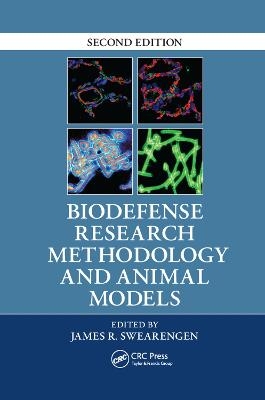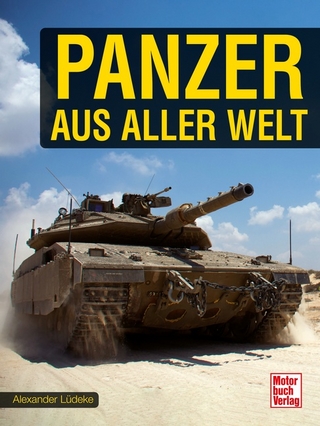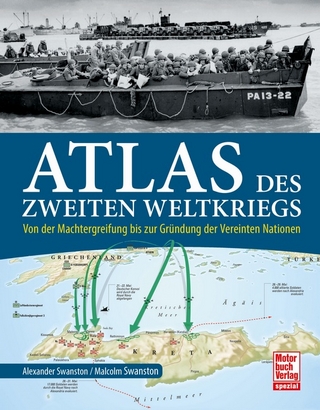
Biodefense Research Methodology and Animal Models
CRC Press (Verlag)
978-0-367-38167-7 (ISBN)
Topics discussed in this volume include:
A history of biological agents as weapons, from the use of corpses to contaminate water supplies to modern day anthrax attacks
Concepts and strategies involved in biowarfare and bioterrorism
The development, validation, and importance of animal models in biodefense research
Infectious disease aerobiology
Studies involving anthrax, glanders, plague, tularemia, Q fever, alphaviruses, orthopoxviruses, and a new chapter on brucellosis
Animal models for viral hemorrhagic fevers
Botulinum and Ricin toxins
Staphylococcal and streptococcal superantigens
As the scientific community works diligently to protect the world’s population from the misuse of infectious organisms and toxins, it is imperative that researchers stay abreast of the latest techniques for biodefense research. Exploring in vivo and in vitro assays, this volume brings researchers up to date on the latest information on bacterial and viral infectious agents and biological toxins considered to pose the greatest threats to public safety. In addition, the contributors take a step toward minimizing the use of animals in further experiments by presenting documented findings that can be built upon.
Dr. James R. Swearengen, following retirement from the U.S. Army after 21 years of service, served for 4 years as the senior director at the Association for Assessment and Accreditation of Laboratory Animal Care International before joining the National Biodefense Analysis and Countermeasures Center as their comparative medicine veterinarian in 2009. Since 2007, Dr. Swearengen has served on the National Academies of Science National Research Council Standing Committee on Biodefense for the U.S. Department of Defense and the National Academies of Science Institute for Laboratory Animal Research Committee on Animal Models for Assessing Countermeasures to Bioterrorism Agents.
History of Biological Agents as Weapons. Bioterrorism and Biowarfare: Similarities and Differences. Scientific and Ethical Importance of Animal Models in Biodefense Research.Development and Validation of Animal Models.Infectious Disease Aerobiology: Aerosol Challenge Methods. Characterization of New and Advancement of Existing Animal Models of Bacillus anthracis Infection. Glanders. Plague. Tularemia. Q Fever. Brucellosis. Alphaviruses. Orthopoxviruses. Animal Models for Viral Hemorrhagic Fevers. Botulinum Toxins. Ricin. Staphylococcal and Streptococcal Superantigens: In Vitro and In Vivo Assays. Index.
| Erscheinungsdatum | 01.10.2019 |
|---|---|
| Verlagsort | London |
| Sprache | englisch |
| Maße | 156 x 234 mm |
| Gewicht | 784 g |
| Themenwelt | Natur / Technik ► Fahrzeuge / Flugzeuge / Schiffe ► Militärfahrzeuge / -flugzeuge / -schiffe |
| Naturwissenschaften ► Biologie ► Genetik / Molekularbiologie | |
| Sozialwissenschaften ► Politik / Verwaltung | |
| Technik ► Umwelttechnik / Biotechnologie | |
| ISBN-10 | 0-367-38167-2 / 0367381672 |
| ISBN-13 | 978-0-367-38167-7 / 9780367381677 |
| Zustand | Neuware |
| Haben Sie eine Frage zum Produkt? |
aus dem Bereich


